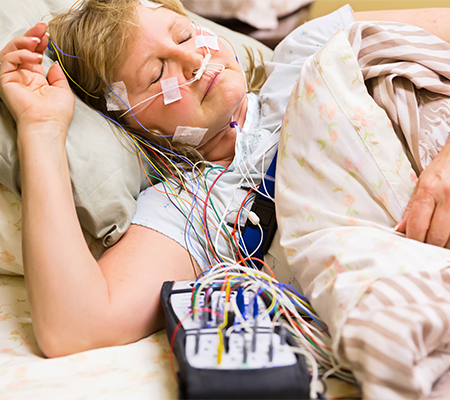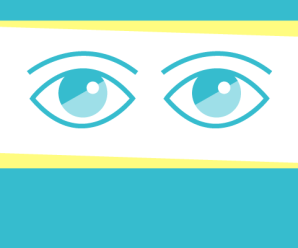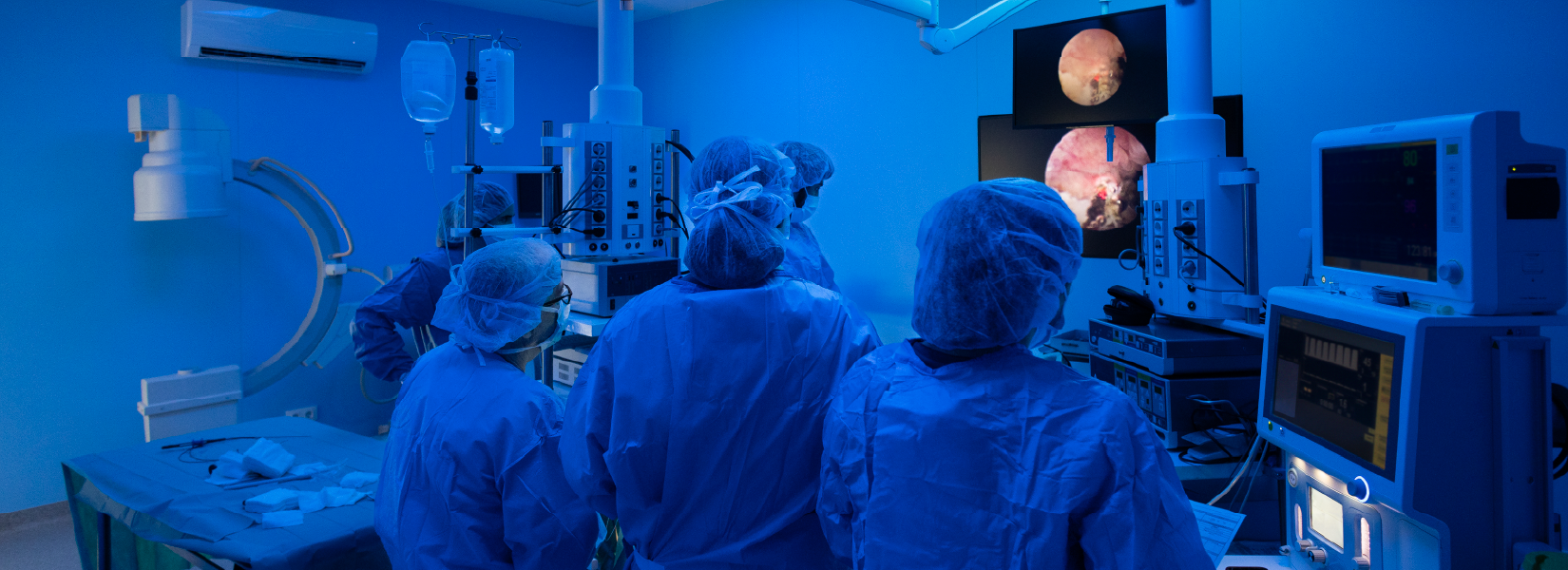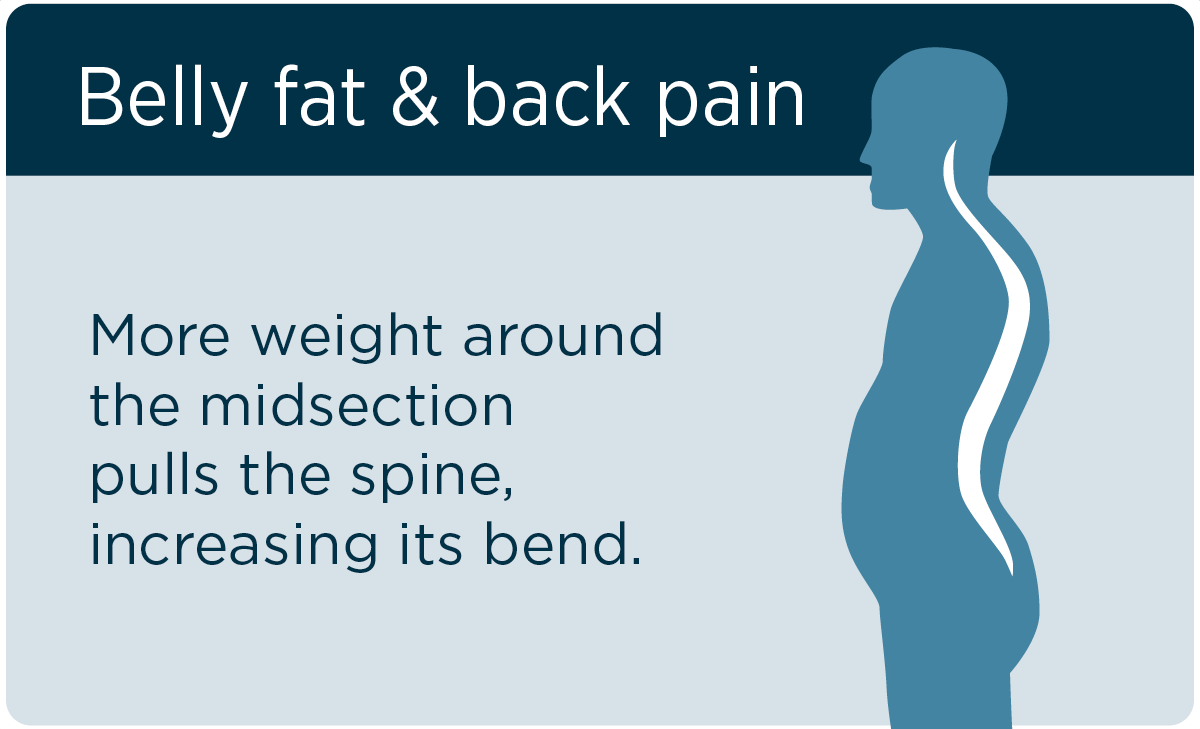If you have difficulty sleeping it can be frustrating. Lack of sleep can cause a host of other problems, too.
Some issues related to untreated sleep apnea or lack of sleep include heart attack, stroke, hypertension, atrial fibrillation, mental status changes, erectile dysfunction, depressed immune system, altered blood sugars, depression, anxiety, fatigue and safety.

According to the Centers for Disease Control, studies show one in three Americans suffer from some kind of sleep disorder, either persistent difficulty in falling asleep, staying asleep or staying awake during the day.
“(Lack of sleep) really causes mental health anxiety, so it really impacts your entire day or way of life,” said Ann Clabots, neurology nurse practitioner at Marshfield Clinic Health System.
Some symptoms of a sleep disorder include snoring, restless sleep, breathing problems or morning headaches. Often times a partner or family member will notice loud snoring or even notice if breathing stops in the middle of the night.
If your doctor suspects you may be suffering from a sleep disorder, they will likely order a sleep study. Sleep studies can provide a clearer picture on what is causing problems with sleep when your head hits the pillow.
What is a sleep study?
A sleep study is an overnight test which allows your brain and body activity to be monitored during a night of full sleep. During a sleep study, body movement, breathing rates and oxygen levels in your blood are measured.
Sleep studies help doctors diagnose sleep disorders such as sleep apnea.
“The bottom line is diagnosing and treating sleep apnea can make a huge impact on one’s life,” Clabots said. “I hear all the time how much better and how quality of life has improved since diagnosing and treating their sleep apnea.”
Clabots also said in many instances, other disorders help themselves once sleep apnea is treated.
Other issues an in-lab overnight sleep study can diagnose includes periodic limb movement disorder, narcolepsy, restless legs syndrome, insomnia and nighttime behaviors like sleepwalking and REM sleep behavior disorder.
What test is right for you?
Home studies can be done in certain circumstances, like to rule out sleep apnea in healthy adults or to monitor the effectiveness of apnea treatments.
“But, in-lab polysomnography is still the gold standard for sleep studies,” Clabots said.
Home sleep studies are helpful, but patients can’t be monitored for many symptoms such as restless legs or brain activity. If you’re likely to have sleep apnea and uncomplicated matters, a home sleep study could be right for you.
The in-lab sleep study is much more complex. Patients are monitored to measure a variety of things including:
- Brain activity
- Eye movement
- Nerve activity
- Blood oxygen level
- Respiration
- Heart rate
Once you fall asleep the technician monitors you watching your brain activity, heart rate and movement. Your sleep study also is recorded.
If sleep apnea is identified early enough in the evening your are gently woken and asked to place mask on and treatment for the sleep apnea is started that night. In the morning, you are discharged and a board-certified physician in sleep medicine will review the results.
The data from a sleep study helps your doctor gather evidence and make a conclusive diagnosis. A return appointment will be made to review the results and a treatment plan will be developed.
“Sitting down with a provider is important and critical to a path forward,” Clabots said. “Sleeping problems can be very complicated, so the data is critical. Then we can get a treatment plan and get patients on the road to better sleep.”
RELATED ARTICLES
What to expect during a sleep study






Leave a Reply